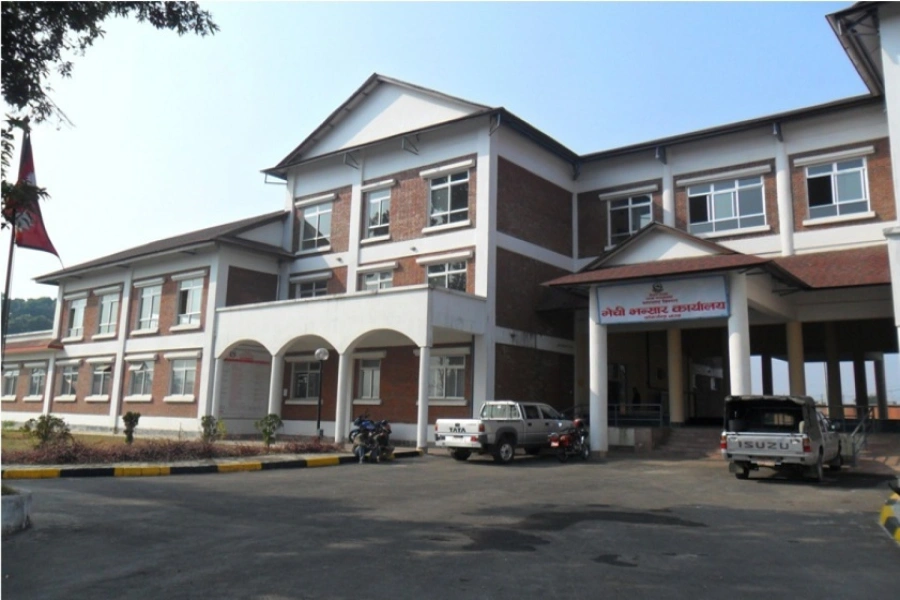The impending downgrade of the National Human Rights Commission (NHRC) from its current 'A' category status to 'B' has sent shockwaves among human rights activists and civil society groups in Nepal. The potential downgrade not only tarnishes the nation's reputation on the international stage but also raises fundamental questions about its commitment to upholding human rights. Established to serve as a constitutional, independent, and impartial body, the NHRC has held its 'A' category standing since its inception. However, recent developments have underscored concerns about the government's role in safeguarding the commission's independence and effectiveness. The impending downgrade threat stems from multiple issues flagged by the Global Alliance of National Human Rights Institutions (GANHRI). These include concerns about the appointment process, caste discrimination, the rights of marginalized communities, good governance, the rule of law, and transitional justice.
NHRC's Retention of A status and Disability Rights Advancement

If the downgrade proceeds, Nepal risks plummeting to the bottom ranks in global human rights standards. It is crucial to highlight that a downgrade to 'B' would not only erode the commission's credibility but also have significant repercussions on Nepal's participation in international forums. Suspension of participation and speaking rights at UN events, revocation of voting privileges, and eligibility for holding office in GANHRI are potential consequences that Nepal cannot afford to ignore. In the recent past, several questionable appointments were made at the national human rights watchdog, revealing procedural irregularities and sparking criticism. Legal battles regarding these appointments are still pending in the Supreme Court. The fact that the NHRC has seen a decline in the number of complaints filed in recent years is indicative of waning morale among officials and reduced overall effectiveness. This decline raises questions about the commission's capacity to function as an effective watchdog for human rights violations. The need for a robust human rights commission that fosters trust and collaboration with civil society organizations is more pressing than ever.
In light of the impending downgrade, a number of experts have emphasized the importance of legislative reforms and transparent appointment processes in line with the Paris Principles. It is high time the government acted swiftly and decisively to prevent the downgrade and bolster the NHRC's standing. The recent appeal made by the NHRC to President Ram Chandra Paudel highlights the urgency of the situation and the need for concerted efforts from the government, parliament, and civil society to retain the 'A' category status. Australia's response to a similar threat of downgrade underscores the possibility of reversing this decision through appropriate legislative actions and collaboration. Nepal can learn from such instances and take proactive measures to address the concerns raised by GANHRI. As a newspaper, we believe that Nepal's reputation as a nation committed to upholding human rights is at stake with this impending downgrade of the NHRC. The government must act swiftly and decisively to ensure that the NHRC retains its 'A' category status. Upholding human rights is not just a moral obligation but a testament to Nepal's standing in the global community. Let us strive for a Nepal where human rights are cherished and protected, reinforcing our commitment to a just and equitable society.






































